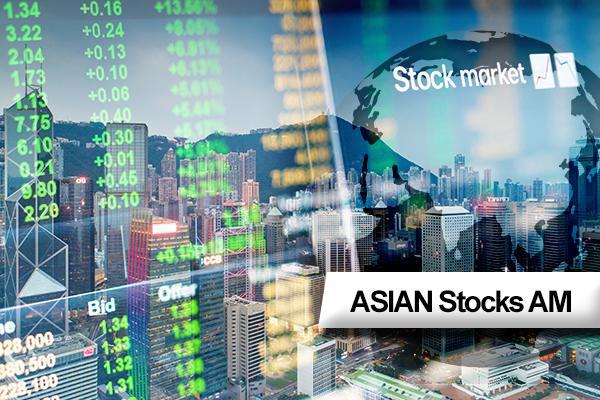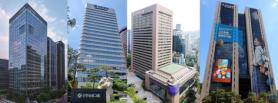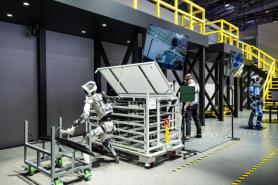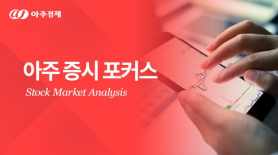
South Korea’s benchmark KOSPI climbed as much as 2.6 percent to 4,179.51 in early trading, while the tech-heavy KOSDAQ rose 1 percent to 897.31. Large-cap shares led the advance: Samsung Electronics gained 3.8 percent to 104,400 won ($71), SK hynix added nearly 4 percent to 629,000 won, Hyundai Motor rose 1.1 percent to 273,500 won, LG Energy Solution jumped 4.9 percent to 488,250 won, HD Hyundai Heavy Industries increased 1.7 percent to 547,000 won, and Naver climbed 3.5 percent to 269,000 won.
SK Square surged 11 percent to 322,000 won, breaking into the 300,000-won range for the first time. NH Investment & Securities raised its target price to 350,000 won from 165,000 won, citing a sharp increase in the company’s net asset value driven by the rally in its chipmaking affiliate. “With SK hynix accounting for the largest share of NAV, the steep rise in its stock price is driving SK Square’s rally,” said Ahn Jae-min, an analyst at NH Investment & Securities.
Doosan Corp. jumped 12.5 percent to 1,056,000 won amid expectations of record fourth-quarter earnings. Eugene Investment & Securities analyst Lee Joo-hyung projected that Doosan’s electronics business will post fourth-quarter revenue of 549.9 billion won ($376 million), up 64 percent on year, and operating profit of 165.2 billion won, up 269 percent, supported by stable output of its GB300 rack servers and higher weekly production of its GB200 servers.
U.S. stocks closed higher Monday on optimism that Washington was moving toward reopening the federal government after the prolonged budget standoff. The Dow Jones Industrial Average rose 0.8 percent to 47,368.63, the S&P 500 climbed 1.5 percent to 6,832.43, and the Nasdaq Composite advanced 2.3 percent to 23,527.17.
Japan’s Nikkei 225 gained 0.8 percent to 51,326.60, with most blue-chip names extending gains. Toyota Motor edged up 1 percent to 3,163 yen ($20.5), Fast Retailing rose 2 percent to 59,400 yen, and SoftBank Group surged 5.4 percent to 23,455 yen.
Strong foreign inflows remain the backbone of Japan’s rally, supported by the revival of the yen carry trade—borrowing in near-zero-yielding yen to chase higher returns abroad. Goldman Sachs said Monday that U.S. capital inflows into Japan have accelerated to the fastest pace since the height of Abenomics. “U.S. investor participation in the Japanese equity market is at its highest since October 2022,” said Bruce Kirk, chief strategist at Goldman Sachs.
Analysts cite Prime Minister Sanae Takaichi’s stimulus measures and the yen’s depreciation as key tailwinds. While the S&P 500 is up about 14 percent this year, the Nikkei has surged roughly 30 percent. Goldman Sachs noted that U.S. buyers have concentrated on Japanese technology and AI-related stocks.
According to Japan Exchange Group data, foreign investors purchased a net 284 billion yen ($1.8 billion) of Japanese equities—spot and futures combined—over the final two weeks of last month. Kirk said global allocations to Japanese equities “remain low, suggesting further room for inflows,” while cautioning that “after the recent sharp rally, a period of consolidation could follow.”
Elsewhere in the region, China’s Shanghai Composite Index slipped 0.01 percent to 4,018.36, while Hong Kong’s Hang Seng Index rose 0.3 percent to 26,722.73.
Copyright ⓒ Aju Press All rights reserved.




